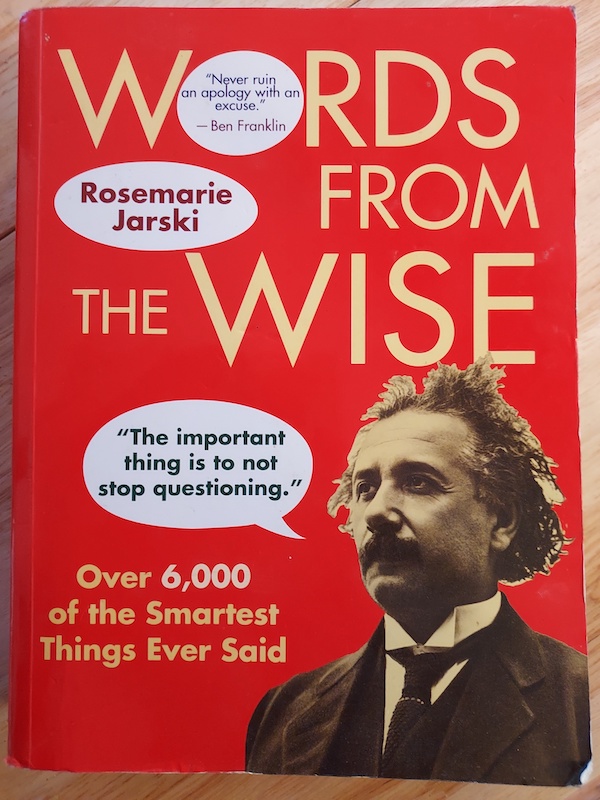I remember hearing a sermon about choosing your words very carefully.
“You never know what might be remembered after you’re long gone,” he said.
That minister is long gone, but I recall what he said because he talked about “the man” who wrote “Mary Had a Little Lamb.”
“That man had no idea that decades later we would be reciting his words,” he said.
Instead of spiritually pondering the meaning of the message, I was hissy-whispering to my husband, “That’s not right! That isn’t right!” until people turned and stared so hard he felt compelled to slide down-pew and merge with another family.
As we left the church, I said to the minister, quite nicely, “It was a woman who wrote ‘Mary Had a Little lamb.'” And he said, “No, it was a man. I have a book of sermon topics, and this is directly from it.”
You may not know this about me, but. I never stop after one round, even when an entire congregation is piled up behind me.
“Then your book is wrong,” I said, and he immediately counter-punched with “It’s a church book.”
That effectively ended our conversation because who wins a fight against a church book?
At home, I looked it up since, on a few occasions, I’ve been wrong. But that particular Sunday was not one of them.
It was Sarah Josepha Hale who wrote “Mary Had a Little Lamb.”
So there. I did not say that to the minister. I didn’t say anything. It was enough that I knew.
But I never looked at him again without thinking, “Nyah-nyah, nyah nyah-nyah.”
I know. I should be a bigger person. I’m not.
What she said
It is true, though, that you never know what words people will remember and repeat.
Take Esther Williams, for instance. She was an actress and swimmer who could hold her breath for one minute and 45 seconds. She also designed bathing suits, and I saw her interviewed once, talking about thong bathing suits. Esther did not approve.
“Good Lord!” she said. “We women spend nine months of the year trying to keep our underwear out of that place. Why would we want to stick our bathing suit in it?”
I think of Esther’s words on and off during nine months of the year and always during the summer when I see thong bathing suits. And I’ve used her quotable quote a dozen times in my writing; 13 if you count this.
Carpe diem
In our house, we recently celebrated Slap a Dead Poet Day. It’s an annual holiday on September 30th that came about after a single line pulled from a humor essay I wrote for the Pittsburgh Post Gazette in 1992 made its way into a daily calendar of quotes by women.
The September 30th entry: “I have a carpe diem mug and, truthfully, at six in the morning, the words do not make me want to seize the day. They make me want to slap a dead poet.”
Shortly after the calendar was published, the quote was included in the book “Words From the Wise: Over 6,000 of the Smartest Things Ever Said.” It had a picture of Albert Einstein on the cover. Me and Einstein in the same book! Go figure.
From there, the quote sort of exploded, and it’s popped up everywhere from T-shirts to coffee mugs, posters, and other books. A Long Island aide to a New York senator even sent me a White House Daily Briefing memo that got passed out to staff each morning.
At the bottom of page one is a humorous quote. Yep! There I was, me and my dead poet.
It sounds like I’m bragging, doesn’t it? I know. I should be a bigger person. I’m not.
There’s a moral here
So, Sarah’s rhyme, Esther’s quote, and my dead-poet line illustrate, I think, what that minister was preaching (even though he had part of it wrong, but we won’t go there).
Of all the words any of us may say or write, there is simply no way to know what someone will latch onto and remember and repeat 13 times or even slap on a calendar.
So it pays to choose your words carefully. Guard your tongue, watch your pen, and especially in this internet age, don’t ever hit “send” until you’ve had your second cup of coffee.
And you can quote me.





